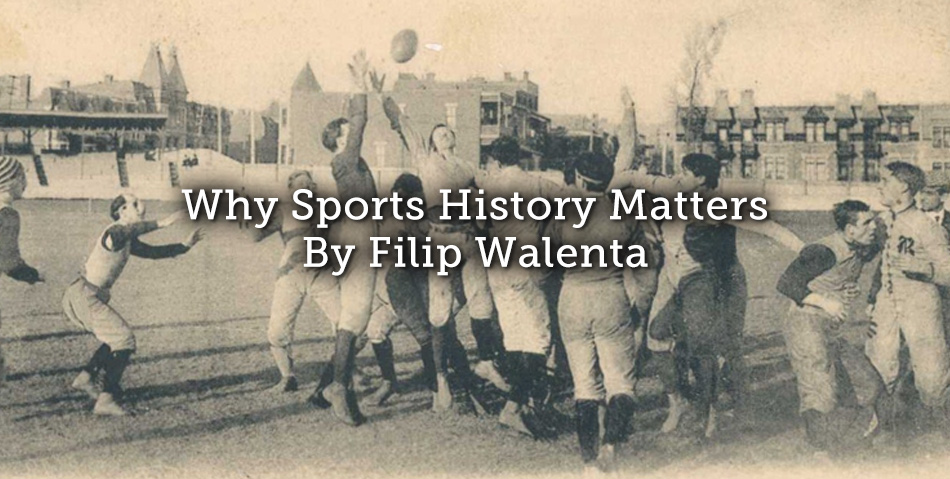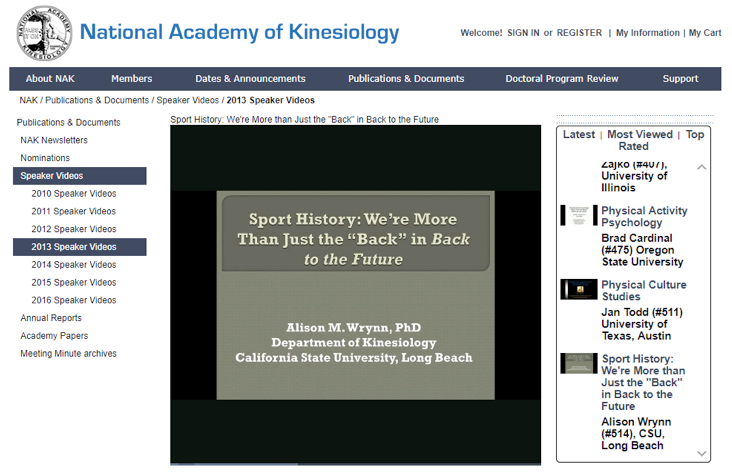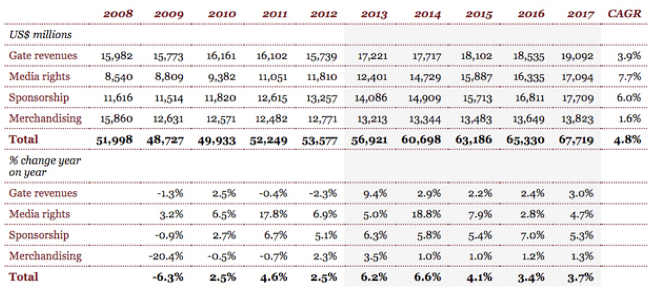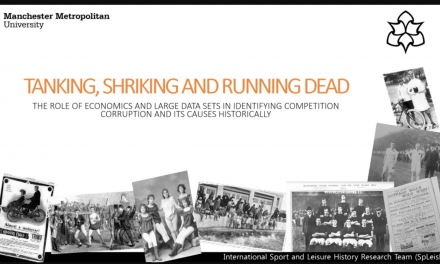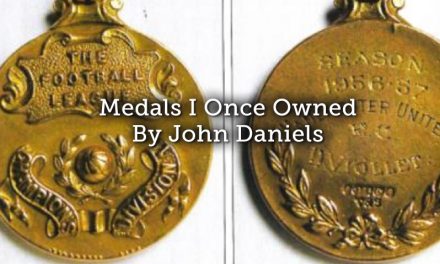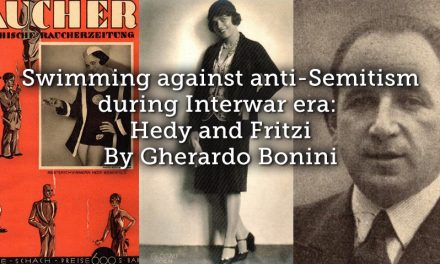A couple of weeks ago I signed up for a seminar of historical research in the town where I live.
During the coffee break I asked a lady of the organization if there were any sports historians invited. She quickly replied “Yes, but we are all academics”. I kindly apologized for only having studied applied physics and math. After a deadly silence of 5 seconds and a roaring laughter of an invited prof legal history she pointed to a man in the crowd and said “but maybe this person over there might help you”.
A few weeks later I bought a very interesting book about the World Expedition in Ghent (Belgium) in 1913, written by several academic specialists. The only thing that was missing in the book was … a chapter about the sports department. After having contact by mail one of the members of the project admitted they had not taken any account of the sports department at all although its’ pavilion was bigger than most of the others.
So why is it that sports history is hardly recognized and considered as ‘the bottom pile’ of history by academics ?
With this statement some people might feel a bit uncomfortable. However I do not intend to claim the absolute monopoly of wisdom or to insult anybody. I just want to think, speak and write in complete freedom without wearing any blinders.
- http://www.nationalacademyofkinesiology.org/speaker-videos/2013-speaker-videos/sport-history-were-more-than-just-the-back-in-back-to-the-future-2
What is sports history and why is it relevant?
Sports has already found its way to other academic faculties like sport medicine, sports law, sport psychology, etc. And economically sport has become a worldwide billion dollar business as it is being exerted by mostly everybody (actively or passively). Sport is so deeply pervaded in our lives that it has become a part of our culture and a reflection of our society.
Cultural history can be defined as the history of actions and habits, exerted by a group of people in a certain time at a certain place. But as Gary James writes in his article ‘Sport History Relevance and How We Need to Engage’ there is often a perception that sports history is of less value than other areas of (cultural) history. Sport can be catalogued in the low culture or popular culture indeed, but derogatory considering low culture is neglecting a part of culture and close to cultural discrimination.
A good answer to the question why sport history is relevant we might find at Wikipedia : The history of sport can teach us about social changes and about the nature of sport itself, as sport seems involved in the development of basic human skills.
So where did it go wrong ?
In the past in Belgium the upper class turned their back the moment certain sports like cycling underwent a democratic process, as they could not be used anymore to distinguish themselves from the plebs. As the academic world used to be a part of and were located in the circles of the upper class sports was considered as low culture and not interesting enough.
The same happened when the academic formed political journalists were looking down upon their sport colleagues, consequently the monopoly of sports news was literally thrown in their hands for free. But this was a major mistake because sport sells. The newspapers that could not survive financially without a sport section had to give up some pages in order to ensure their further existence.
And later the amateur historians, writers and collectors who like narrow-minded specialists only focused on their limited working field, toke cowboy stories for truth and did not double check their sources, neglected background stories and did not see the links to the surrounding social, cultural and economical aspects. These mistakes also confirmed the prejudiced view of the academic world.
How can sports history obtain more credibility?
The advantage of us amateur historians and hobbyists is that besides our common interest in sports, we all got a different background and education. Consequently we are able to approach issues from a different point of view, to think out of the box and see opportunities in the economical, cultural and societal field, where academics tend to be stuck in their theoretical knowledge.
Sports historical research also might approve or disprove former statements or reveal new surprising insights on socio-cultural issues.
For example : in several books of Belgian reputed authors who wrote down their personal experiences during the Great War, we find that sports and cycling in particular almost died a quiet death from 1916. These statements were literally copied in more recent books and even in master theses by students history. However, recent investigation by myself up till now has reported more than four hundred sport articles about cycling dating from February 1915 till October 1918 (hello academics, lost your glasses ?).
Anyway, it proves that the academics are not infallible and sometimes they might even break their own rules of engagement.
Sport history is also our personal history of deep emotional engagement as almost every amateur researcher used to be a fan before. And people who are discovering sports history finally end up with history as it is.
This is where the academic world has to take advantage of us, while we should be guided by them by teaching us the right skills to do scientifically justified research by organizing workshops and seminars.
The advantages and opportunities are immense but we have to engage and in order to do that the general level has got to increase:
- The amateur researchers have to double check their resources in order to write about well established facts and need retraining by historians.
- Historians need to take off their blinders, a billion dollar business is waiting out there.
- We (amateurs and professionals) need to unite, looking down upon the other or keeping your knowledge to yourself will not help anybody and will certainly not contribute to historical research. Therefore projects like Playing Pasts can trigger a whole movement.
- Sports-revenue in the US pro competitions in 2008-2017 (Source : http://sportnext.nl/)
Leisure and sports in particular nowadays is considered to be the most important side-issue and there is absolutely no reason to treat sports history like the Cinderella in the academic world. On the contrary, without having seen any figures I am quite sure that the yearly income of the sports industry is at least a thousand fold compared to the yearly cost of academic institutes and museums subsidized by the governments.
This truism alone makes sports an interesting subject in all its segments and well worth the effort to study about, its history included.
James writes in the International Journal of the History of Sport (Volume 34, 2017 p351-356)
“We must communicate our findings positively to as wide an audience as possible; we must engage with the public by staging talks, events, and activities … Sport provides opportunities that many other subjects do not. Our subject is called sport history but to me it is actually sport relevance. It has relevance to life and experiences today, not simply the past and we must never forget that.”
Or as Margaret Roberts, Editor of Playing Pasts, tends to say : “There is history for all of us”.
Article © Filip Walenta

